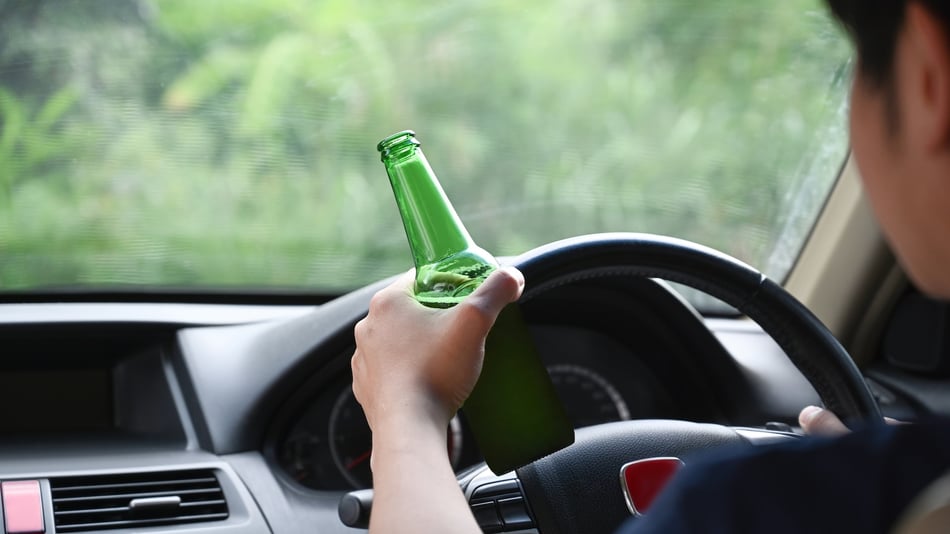
Driving Under the Influence (DUI) is a serious offense that can result in severe consequences. Not only does it endanger the driver and passengers, but it also puts other road users at risk. It is essential to understand the consequences of a DUI and how to avoid getting one.
Consequences of a DUI
The consequences of a DUI can be severe, including legal, financial, and personal repercussions. Some of the most common consequences of a DUI include:
Legal Consequences
If caught driving under the influence, legal consequences can include fines, license suspension or revocation, community service, and jail time.
The severity of the punishment depends on the driver's Blood Alcohol Concentration (BAC), previous DUI convictions, and whether the driver caused any accidents or injuries while driving under the influence.
Financial Consequences
In addition to legal consequences, a DUI can also have significant financial consequences. Fines and legal fees can quickly add up to thousands of dollars.
Additional costs may be associated with DUI, such as increased insurance premiums, court-ordered counseling or treatment, and lost income due to time off work.
Personal Consequences
A DUI can also have personal consequences, including damage to one's reputation, strain on relationships, and emotional distress. In some cases, a DUI conviction can even lead to job loss or difficulty finding employment in the future.
How to Avoid Getting a DUI
Avoiding a DUI is the best way to avoid the consequences that come with it. Here are some tips for avoiding a DUI:
1. Plan Ahead
If you plan to drink alcohol, plan ahead of time to get home safely. This could include designating a sober driver, using a ride-sharing service like Uber or Lyft, or taking public transportation. It is also a good idea to have a backup plan in case your original plan falls through.
2. Know Your Limits
Everyone's tolerance for alcohol is different, so it is essential to know your limits. If you are unsure how much alcohol you can consume before reaching the legal limit, consider using a breathalyzer device to test your BAC before getting behind the wheel.
3. Avoid Mixing Alcohol and Medications
Mixing alcohol and prescription or over-the-counter medications can be dangerous and increase the risk of impaired driving. If you are taking medication, talk to your doctor or pharmacist to determine if it is safe to consume alcohol while taking the medication.
4. Stay Aware on the Road
Even if you have not consumed alcohol, staying aware on the road is crucial for avoiding a DUI. This includes following traffic laws, driving defensively, and being aware of your surroundings. Always wear your seatbelt and avoid distractions such as texting while driving.
5. Seek Help if Needed
If you are struggling with alcohol addiction or have difficulty controlling your alcohol consumption, seek help from a medical professional or support group. Many resources are available to help individuals overcome alcohol addiction and learn how to make healthier choices.
Conclusion
A DUI can have severe legal, financial, and personal consequences. However, by planning ahead, knowing your limits, avoiding mixing alcohol and medications, staying aware on the road, and seeking help, you can avoid getting a DUI and keep yourself and others safe. Remember, never drive under the influence of drugs or alcohol.
If you need a civil rights lawyer in Denver, Novo Legal is here to help. Whether you face discrimination, police brutality, or other civil rights violations, we have the knowledge and expertise to represent you. Our experienced attorneys are committed to protecting your rights and fighting for justice. Contact us today to schedule a consultation, and let us help you navigate the legal system.



.jpg?height=500&name=hunters-race-MYbhN8KaaEc-unsplash%20(1).jpg)